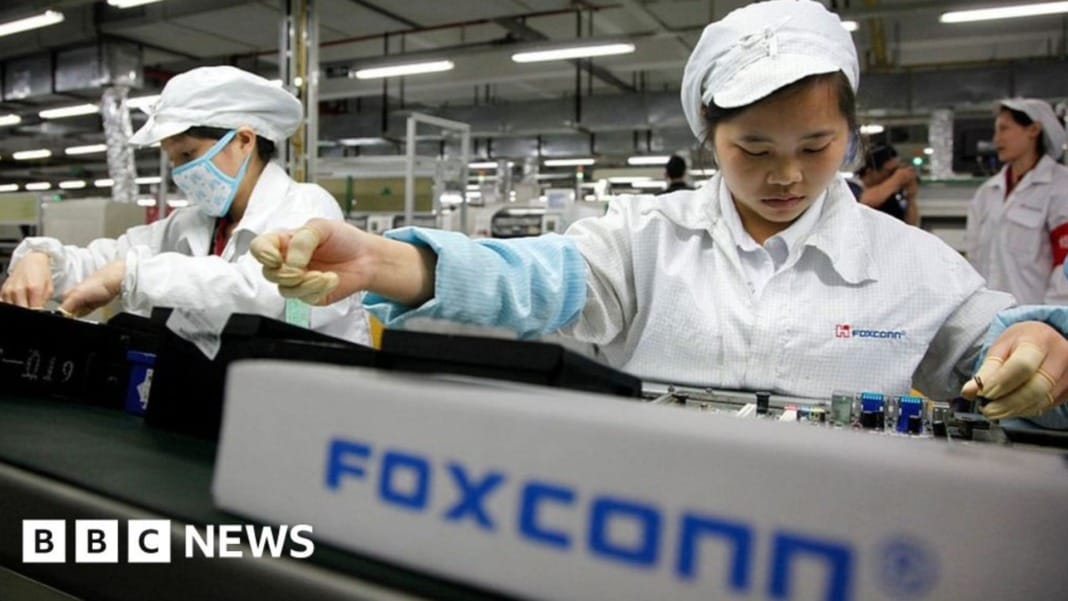Amazon has reportedly requested Chinese merchants to stop selling their goods at cheaper prices on rival platform Temu, intensifying the competition between the two e-commerce giants. This move comes as Amazon aims to maintain its dominance while facing challenges from budget platforms like Temu, owned by Chinese e-commerce firm PDD Holdings.
Amazon cracks down on price discrepancies
Amazon’s local office in China recently contacted top-selling merchants, urging them to ensure that prices on Temu do not undercut their listings on Amazon. Sellers who did not comply have faced removal from Amazon’s Featured Offer programme, also known as the Buy Box.
The Buy Box is a coveted spot on Amazon. It is prominently placed near the “Add to Cart” and “Buy Now” buttons, giving customers easy access to specific products. To remain eligible, merchants must offer competitive pricing equal to or less than the lowest prices on major retail platforms.
One furniture merchant, speaking anonymously, shared that Amazon began tracking product pricing on Temu and removed sellers from the Featured Offer programme if their Amazon prices were higher. This action has led to frustration among some sellers, who feel pressured to adjust their pricing strategies across platforms.
Amazon and Temu’s clash escalates
Previously, Amazon excluded Temu from its price comparison system, citing concerns over counterfeit products or questionable sellers on the platform. However, the intensifying competition has significantly led Amazon to take a stricter stance, as budget-friendly platforms like Temu, Shein, and TikTok Shop grow in popularity among US shoppers.
Last month, Amazon introduced Haul, a dedicated section featuring items priced under US$20, to compete with Temu’s affordable offerings. An Amazon representative reiterated that sellers are free to set their pricing strategies, though the company aims to highlight the best-value offers for its customers.
Temu’s pricing algorithm has also placed additional strain on sellers. The platform prioritises lower-priced products, pushing merchants to keep their prices as low as possible. For those using Temu’s full-custody service, which manages operational responsibilities, product prices are often controlled by Temu itself.
A Chinese merchant reported that hundreds of their items were removed from Amazon’s Featured Offer programme in three days due to price discrepancies between their Amazon and Temu listings. To avoid further issues, the seller changed the images on their Temu listings, but others remain doubtful about the effectiveness of such tactics.
Growing concerns among sellers
Rumours of Amazon pressuring sellers to prioritise its platform gained traction after Anker, a well-known power banks and chargers brand, removed its products from Temu last week. On Monday, Anker’s official US store in Temu no longer displayed products, although its German store remained operational with 18 items listed.
Temu responded by emphasising its commitment to fair competition. A company representative stated, “Consumers benefit when sellers can list their products across different platforms, offering more choices and better deals.”
Launched in 2022, Temu has quickly risen to prominence, becoming the world’s third-most-visited online marketplace after Amazon and Alibaba’s AliExpress, according to November 2023 data from Similarweb.
While Amazon maintains its stronghold, the rise of budget competitors like Temu highlights the shifting dynamics in the e-commerce landscape. Sellers face mounting pressure to navigate these challenges while maintaining profitability across multiple platforms.





